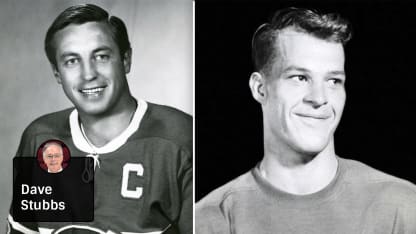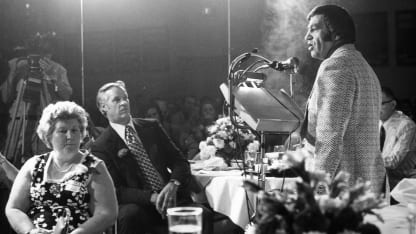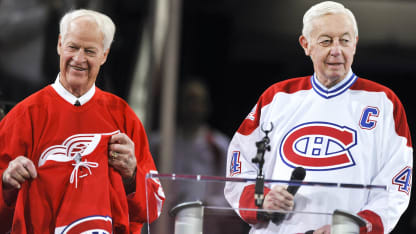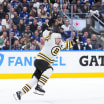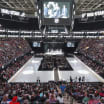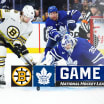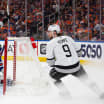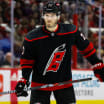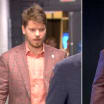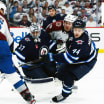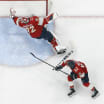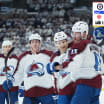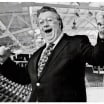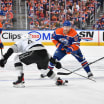Such was the star quality of Howe and Beliveau that the Hall of Fame chose not to wait three years after they retired to consider them for election.
It wasn't a precedent; four star forwards previously had been enshrined immediately upon or within two years of retirement: Dit Clapper of the Boston Bruins in 1947, Montreal's Maurice Richard in 1961, Detroit's Ted Lindsay in 1966, and Red Kelly, of Detroit and the Toronto Maple Leafs, in 1969. Goalie Terry Sawchuk, most famously of Detroit, was inducted in 1971, the year after his accidental offseason death.
Since then, three more legends have been elected to the Hall right after they retired: Boston defenseman Bobby Orr in 1979, Pittsburgh Penguins center Mario Lemieux in 1997 (though he did return three years later for portions of five more seasons), and Wayne Gretzky of the Edmonton Oilers, Los Angeles Kings, St. Louis Blues and New York Rangers in 1999.
Gretzky was the sole player elected that year; only he and Boston's Bill Cowley, in 1968, share that distinction since the Hall's first Toronto selection meeting in 1958.
It was after Gretzky's immediate election that the shrine reworked its constitution. The three-year waiting period was restored in 1999, barring what the Hall describes as "certain humanitarian circumstances."
With Beliveau at the Olympics and the soft-spoken Howe a man of few words in his acceptance speech, it was left to Geoffrion to grab the banquet hall by the scruff of the neck, as he loved to do.
Geoffrion, the son-in-law of late Canadiens legend Howie Morenz, an inaugural Class of 1945 Hall of Fame inductee, was by now coach of the expansion Atlanta Flames, spreading the gospel of hockey to Dixie with his gigantic personality and unique French-accented southern drawl. The Boomer's baritone filled the room without need of a microphone.
"Tonight I love everyone in this room because you honor me," the six-time Stanley Cup champion roared. "But remember this: When October comes and the season starts, I hate your guts!"
They were words not heard in the Hockey Hall of Fame before, or since, and the Boomer laughed more loudly than anyone.
